Build-a-Bat(house) Workshop
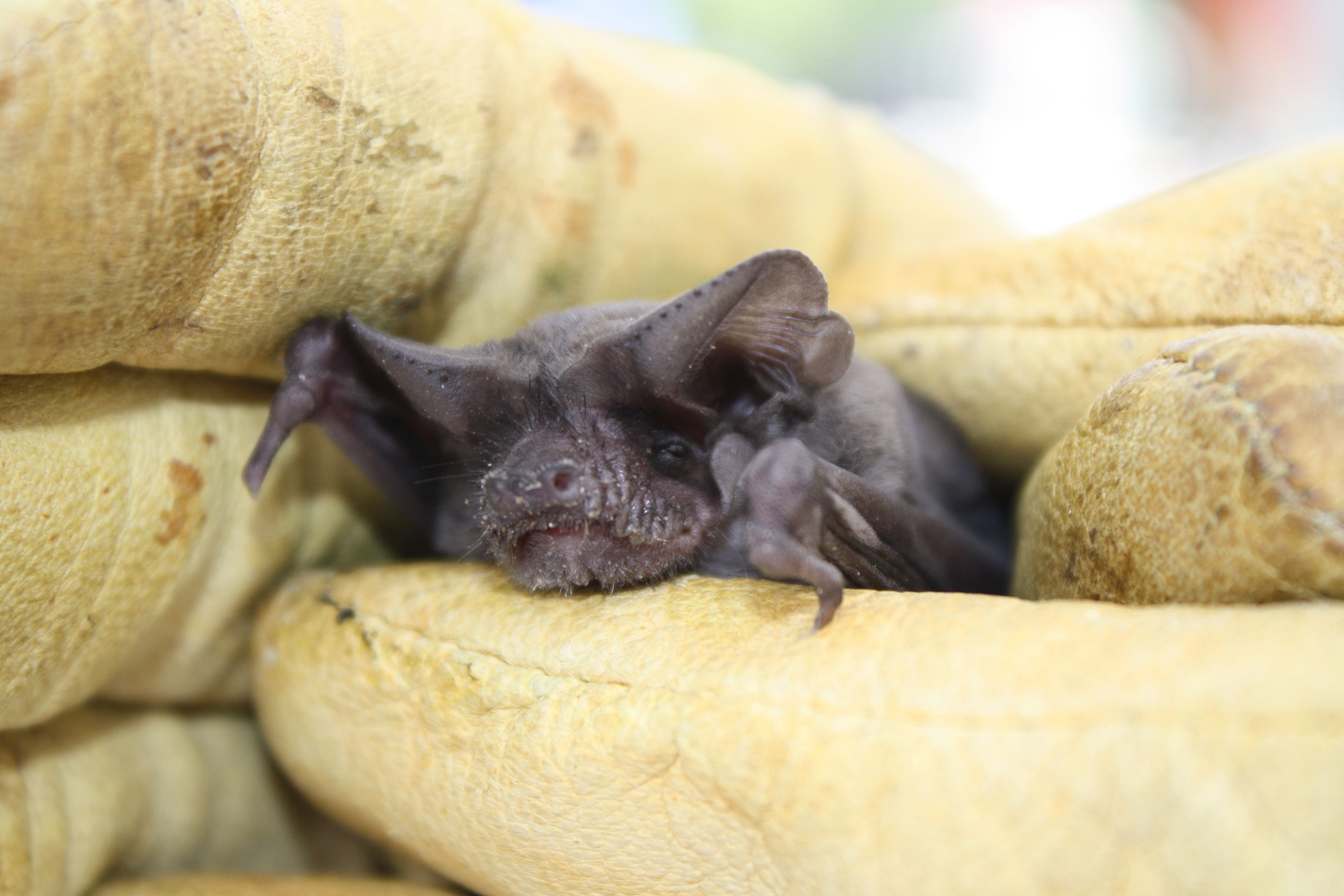 (Mission, Texas) – Bats are beneficial to our neighborhoods and the health of our communities, but they are all too often misunderstood and villainized. Of the more than 1,100 species of bats in the world, only three are vampire bats; the rest consume nectar, fruit and insects. In fact, a single bat can consume up to 600 mosquitoes in one hour!
(Mission, Texas) – Bats are beneficial to our neighborhoods and the health of our communities, but they are all too often misunderstood and villainized. Of the more than 1,100 species of bats in the world, only three are vampire bats; the rest consume nectar, fruit and insects. In fact, a single bat can consume up to 600 mosquitoes in one hour!
Most prevalent in the Rio Grande Valley are the Brazilian or Mexican Free-tailed bats (Tadarida brasiliensis), with the largest urban colony currently located in Mission, Texas, at Expressway 83 and Conway. These highly social creatures like to roost communally, with communities divided into nurseries for mothers and pups, and bachelor pads for males. This mammal finds warmth and protection in group homes, where fresh water and food resources may be found; so, they are commonly found in residential neighborhoods, as well as in the wild.
“Bats are pretty amazing,” asserts Marianna Trevino-Wright, executive director of the National Butterfly Center. “They are already returning to the area for spring and may be observed on the wing when the sun goes down. We’re lucky to have them because they pollinate native plants and consume millions of night-flying mosquitoes that can spread disease. We hope this workshop will help people gain a greater appreciation for bats so they do not fear them, but have a healthy respect for them.”
The National Butterfly Center is hosting a bat education and house-building workshop on Saturday, March 24, from 10 AM – 12 PM. Everyone is invited to join our guest speaker, Michael Blount, of Bat Conservation International, in the Chrysalis Visitor’s Pavilion to learn all about the good, the bad and the glorious aspects of these fascinating creatures.
Blount is based in McCook, Texas, where he is studying the impact of wind turbines on migratory bird and bats populations that pass through the Rio Grande Valley, which is located within the Central U.S. Flyway. His workshop presentation will address the natural (and unnatural) history of humans and bats, the biology and special adaptations of bats, and contemporary issues challenging bats, from White-nose syndrome to habitat shrinkage.
This brief program will be followed by a short hike down the Hackberry Trail with a discussion of what bats need in terms of ideal housing. Bat house construction will then take place outdoors, under the Monarch Palapa, in the research gardens. The fee for this program is $5/person to cover the cost of materials. This event is open to everyone, however, materials for bat houses may be limited. One bat house per family. Reservations are not required.
For more information or to learn more about the National Butterfly Center, visit www.nationalbutterflycenter.org, or call 956.583.5400. You can also find us on Facebook, or schedule your school field trip for 2018, at this time.
###
The National Butterfly Center is committed to ‘Growing Connections’ between people, plants, and the winged wonders that pollinate and propagate all that grows around us. We do this through educational and environmental initiatives that cultivate meaningful understanding of the processes that create sustainable ecosystems. The Center is open to the public, for visitors and members, seven days/week. Your annual membership or charitable gift impacts the beauty of our community and helps preserve the biologically diverse, natural treasures of deep South Texas.



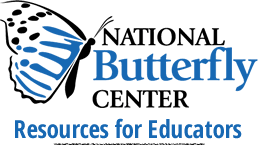



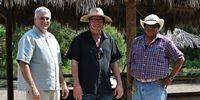
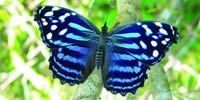
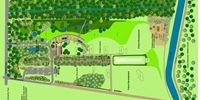
 Media
Media